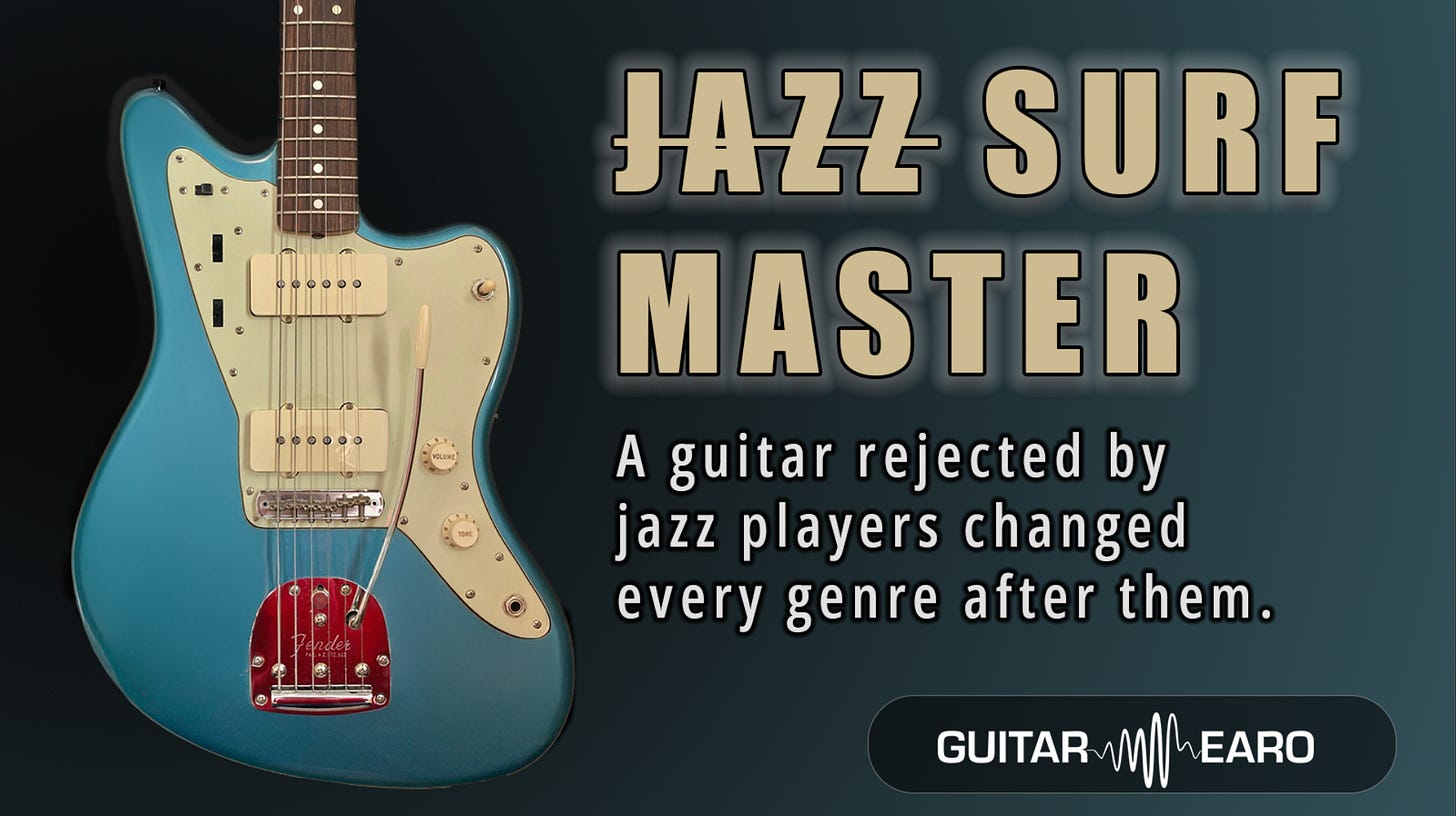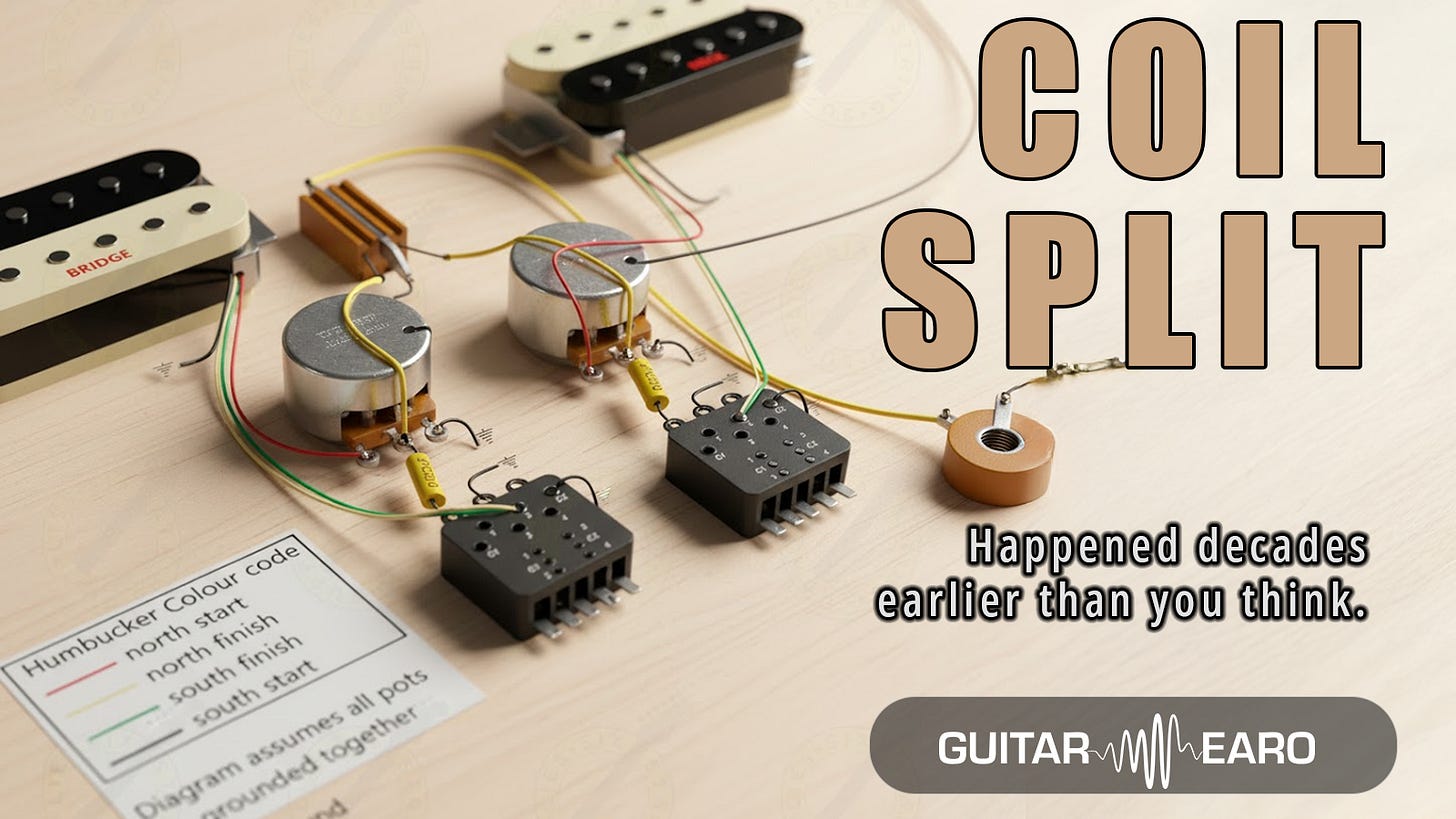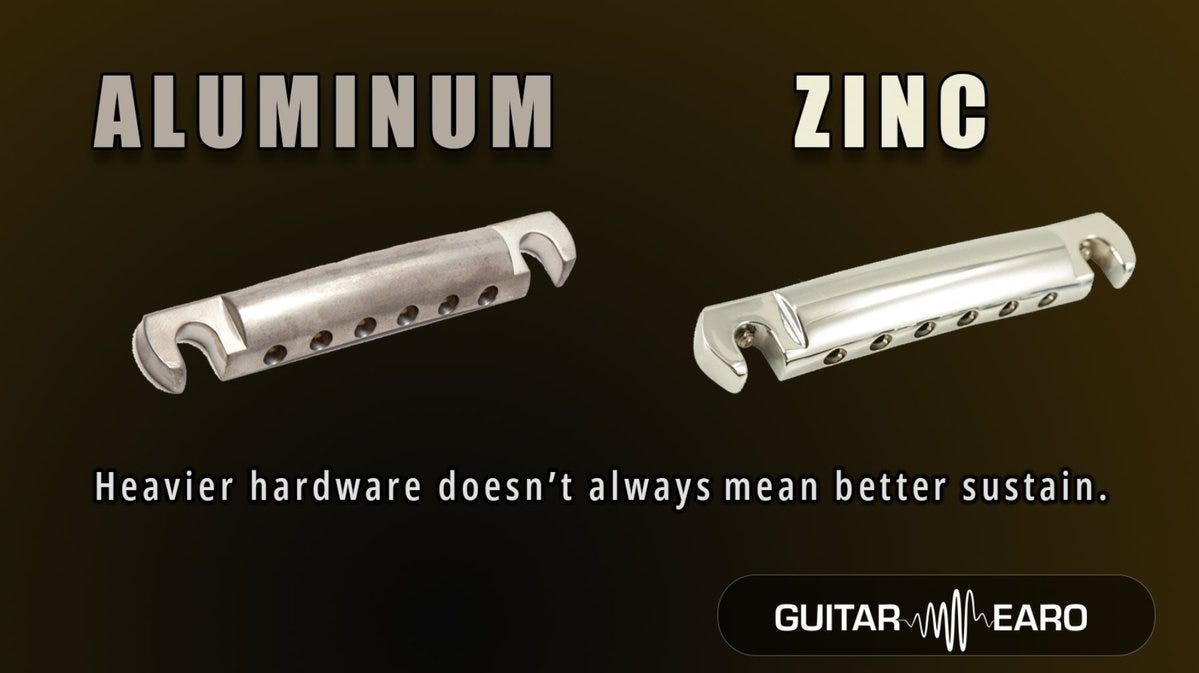Every guitarist has heard the claims:
“Jumbos made my guitar beefier.”
“Vintage wire gave me clarity.”
It’s one of those debates that never dies. But does fret size actually change sound, or is it just our hands fooling our ears?
Let’s dig in.
The Basics: What Frets Do
Frets come in different shapes and sizes. Two common examples:
Jumbo 6100: tall and wide
Vintage 6230: low and narrow
They look different. They feel different. But do they sound different?
The Physics: More Metal, More Sustain?
From a physics perspective, fret size does make a tiny difference.
A bigger fret = more metal mass at the contact point where the string stops vibrating.
That means:
Less damping from your finger
Slightly longer <a href="do-heavier-guitars-actually-sustain.html">sustain</a>
A touch more “oomph” in the low mids
Sounds dramatic, right? Let’s test it.
The Experiment
In one study, identical guitars were refretted with jumbo vs. vintage wire.
The result? Sustain on a high E note went from 5.0s to 5.2s.
That’s a 4% increase. Barely audible.
Spectrum analysis showed something similar:
Jumbos boosted some low-mid overtones by about 1 dB
Vintage frets produced a slightly “cleaner” attack
But these shifts are so small, most players won’t actually hear them.
Why the Debate Feels Huge
If the measurable difference is so small, why do players argue so passionately about it?
Because the feel changes dramatically.
Tall frets make bends, vibrato, and legato easier.
Low frets make chords feel smoother and push your fingers closer to the wood.
And here’s the trick: when feel changes, your brain expects sound to change.
That expectation bias can be so strong you actually hear a beefier tone from jumbos, or a sharper attack from vintage frets—even if the waveform barely shifts.
The Cultural Layer
Tone myths aren’t just about physics. They’re also about tradition.
“Vintage frets” feel authentic on a ’50s Strat reissue.
“Jumbos” fit the identity of modern shredders.
When you buy into a style, you often buy into its tone mythology too.
Where Luthiers Stand
Even among professionals, opinions split.
Some luthiers swear fret size is a major tone shaper.
Others dismiss it as cork-sniffing nonsense:
“Playability is 99%. Tone is 1%—if that.”
The truth is, controlled A/B testing is almost impossible. Refretting the same guitar twice, under identical conditions, is rare. Which means most opinions come from memory, setups, and bias.
The Takeaway
So what’s real?
Fret size makes a massive difference to feel.
Fret size makes a tiny difference to tone.
If you hear more than that, it’s likely your hands playing tricks on your ears.
And that’s not a bad thing. Guitar is about perception as much as physics. If jumbos make you play like a beast, or vintage wire makes you feel more connected to your guitar, then maybe that’s the real tonal difference.
👉 If you enjoyed this deep dive, subscribe to Guitar Earo.
We break guitar myths with data, history, and culture—because when you Learn the Tone, you Save the Sound. 🎸




